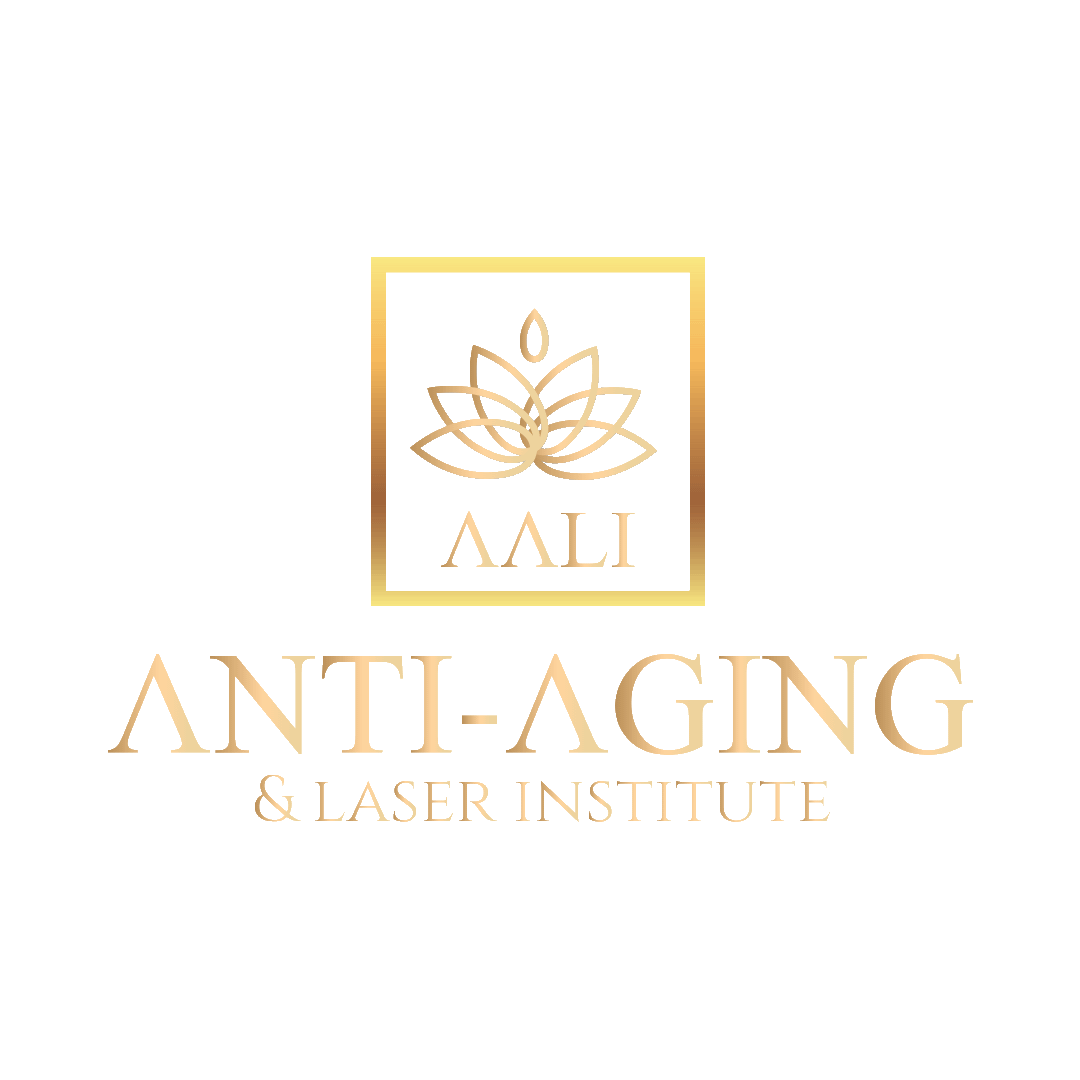When you dramatically reduce your carbohydrate intake and replace that energy source with fats, you send your body into a metabolic state called ketosis. When you enter this state, your body “learns” how to burn fat and use it as an energy source, and then becomes very efficient at this process.
The liver, which is the body’s nutrient processing and metabolic center, begins processing fat into ketones, which can be used as fuel for your organs, muscles, and brain. Meanwhile, your blood sugar and insulin levels tend to drop when you enter this state, and the results can bring a range of health benefits, including weight loss.
There are several different popular versions of what’s called the standard ketogenic diet (SKD), and some have been more extensively researched than others. While the SKD appears to be safe and effective for most regular people, some of the other more extreme versions of keto dieting make more sense for serious body builders and professional athletes.
In comparison to an ordinary diet, a standard ketogenic diet routine means carb intake is very low, protein intake is moderate, and fat intake is high (5%, 20% and 75% of your total diet, respectively). Many nutritionists and practitioners of the diet assign some of its weight loss benefits to the reduction of insulin production, which can mean lower feelings of hunger. Less interest in food means lower intake overall.
Should You try the Standard Keto Diet?
One of the most promising aspects of the standard keto diet is safety. Even if you work this diet into your routine and you find it doesn’t work for you—maybe the regimen is too strict or your schedule interferes with your plans—the keto diet is unlikely to hurt you in any physical or metabolic way. If it works, good, and if doesn’t, the level of risk to your health is low. Here at AALI, we believe in trying new things (safely), changing unhealthy habits, moving forward, and looking for solutions that work. If you think the Keto diet might bring the changes you’re looking for, we can provide the coaching and counseling you need to stay on track. Here are some of the foods you’ll want to avoid:
- Sugar
- Starches
- Fruit
- Beans
- Alcohol
- Potatoes
- Grains
- Candy
These are all high in carbs and you’ll want to replace these calories with healthy fats and protein dense foods like avocado, fish, nuts, eggs, and plant oils. A schedule, a timeline, and an established routine can increase your accountability and bring you closer to success. Contact our team today and find out how we can help!
